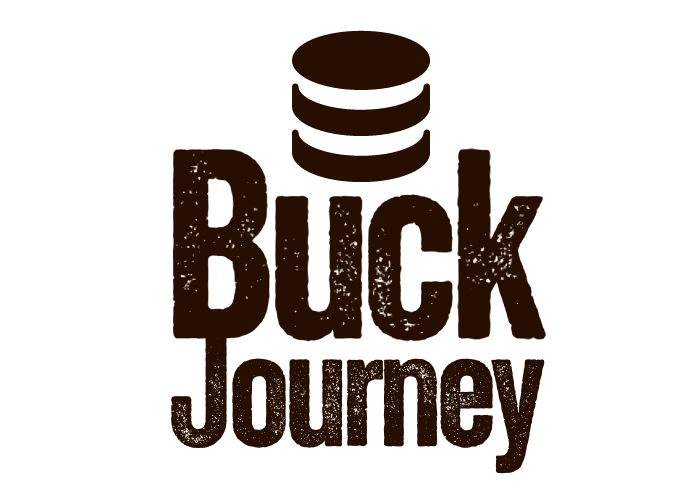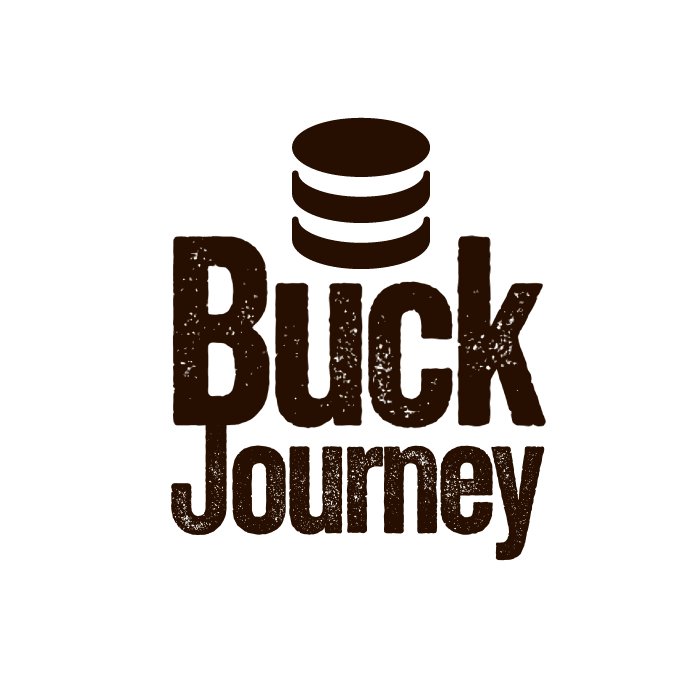Are you feeling overwhelmed by your grocery bills and struggling to save money after paying off debts and monthly expenses? Life is getting more expensive for everyone, but low-income Canadians are feeling the impact the most. According to data, rising living costs are hitting them the hardest.
Managing basic expenses like rent, groceries, and utilities while paying off debts can seem impossible on a tight budget. But financial freedom is achievable, even with low income. With the right mindset and approach, anyone can make meaningful progress towards becoming debt-free.
“Financial freedom is not determined by the size of your income, but your willingness to stay committed and disciplined to get out of debt.”
~Nazreen Siska, Credit Counsellor
10 Effective Strategies to Reduce Debt on a Low Income
1. Create a Detailed Budget
Stay on top of your finances by creating a detailed budget to manage and eliminate debt effectively. A budget helps you balance income, expenses, and savings, guiding your spending towards financial goals. Prioritize paying off debts within your budget to make significant progress towards debt freedom.
2. Prioritize Your Debts
Focus on paying off high-interest debts first, using strategies like the avalanche or snowball method to accelerate debt repayment. By targeting one debt at a time, you can streamline your repayment process and save money in the long run.
3. Cut Unnecessary Expenses
Identify areas in your spending where you can cut back, such as reducing subscription services, dining out less, or switching to cost-effective alternatives. Trimming non-essential expenses will free up cash to tackle debt faster.
4. Increase Your Income
Explore part-time work or side hustles to boost your income and accelerate debt repayment. Consider leveraging your skills or hobbies to earn extra money, supporting your financial goals.
5. Consider Debt Consolidation
Consolidating multiple debts into one can simplify your repayment process and potentially lower your interest rates. Explore options like debt consolidation loans or Debt Consolidation Programs to streamline debt management.
6. Seek Professional Advice
Consult with a credit counsellor for personalized guidance on managing debt and achieving financial freedom. Professional advice can help tailor a plan to your specific situation and provide valuable insights on debt reduction strategies.
7. Utilize Financial Assistance Programs
Take advantage of government benefits and debt relief programs to ease financial burdens and accelerate debt repayment. Check eligibility for relevant programs to leverage financial support.
8. Avoid Taking on New Debt
Avoid accruing new debt while focusing on paying off existing balances. Resist the temptation to seek additional credit or loans that can hinder debt reduction efforts.
9. Negotiate with Creditors
Engage with creditors to negotiate lower interest rates and repayment terms, easing the burden of high-interest debt. Communication with creditors can lead to more manageable repayment options.
10. Stay Motivated and Patient
Stay motivated by focusing on your reasons for becoming debt-free and maintain patience throughout the process. Debt elimination takes time, but with determination and perseverance, you can achieve financial freedom.
Conclusion
Breaking free from debt on a low income is achievable with the right strategies and mindset. By addressing debt diligently, cutting expenses, and seeking support when needed, you can make significant progress towards financial independence. Remember, becoming debt-free is a journey, but you can reach your goal with determination. Contact Credit Canada for expert guidance on debt management and take the first step towards a debt-free future.











